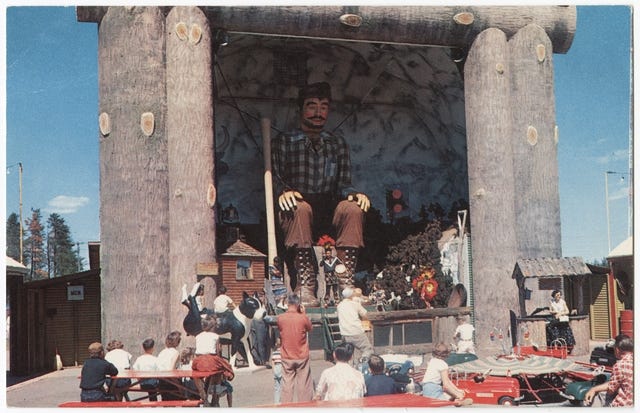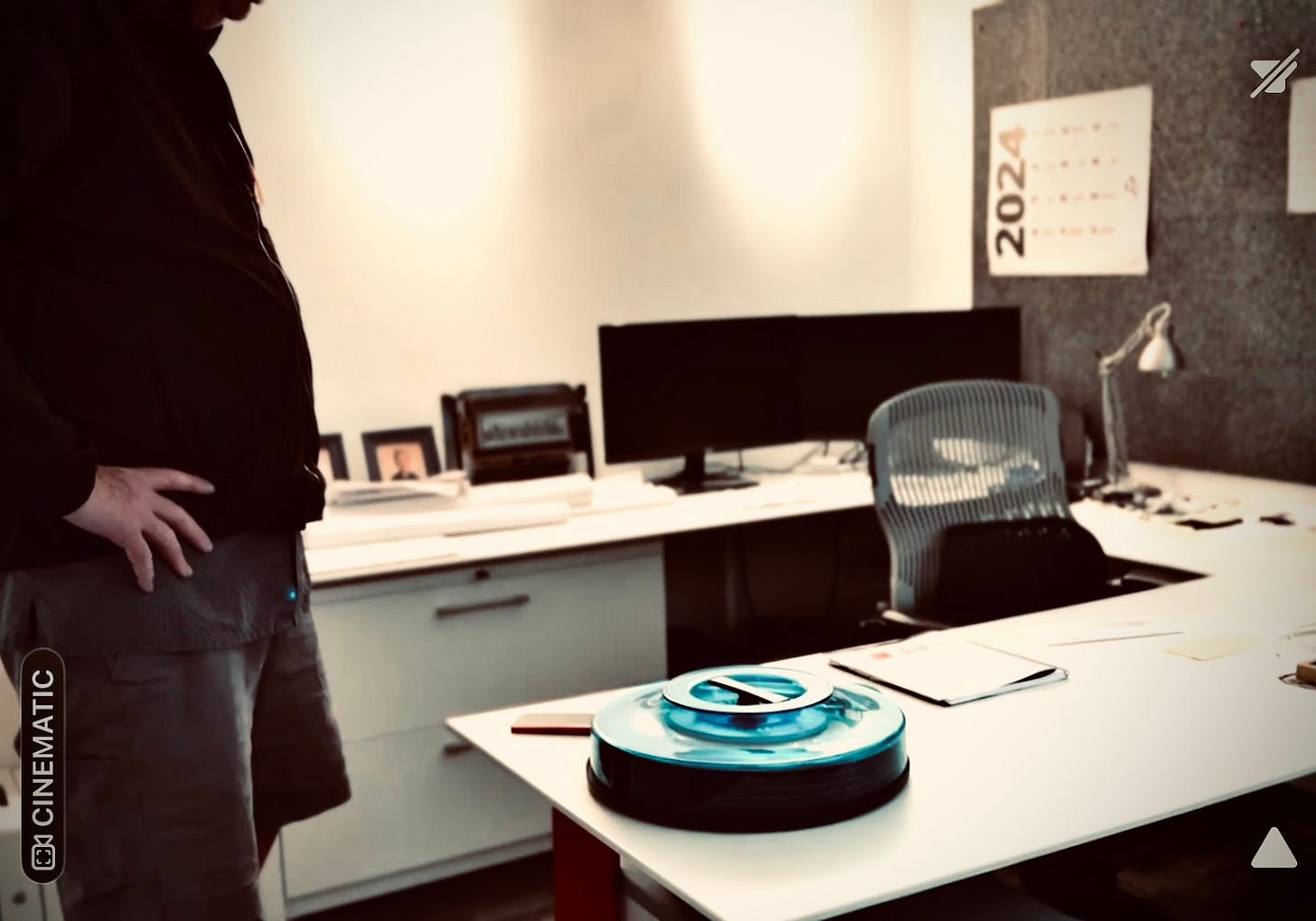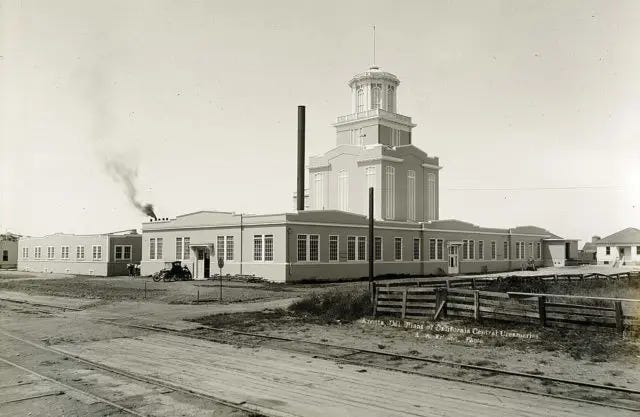SME: Subject Matter Everything
Every Business Has Its Toolmaster
In Minneapolis in the 1990s there was a band named Trip Shakespeare. They were a group of psychedelic academics making intensely interesting music. I used to see Trip as often as possible. Their singer Matt Wilson was a hero. John Munson, the bass player, became a friend and produced our band’s first two albums. Guitarist Dan Wilson, along with John, went on to form the band Semisonic and have the hit “Closing Time.” Dan went on to write some of the biggest songs of the last twenty years and win multiple Grammys.
Trip Shakespeare had a song, written by Matt, named “Toolmaster of Brainerd.” It was an epic that became the centerpiece of their set. The lyrics tell a story about the Toolmaster, the only person who knows how to run the old machinery at the Buckeye Creamery. The creamery has fallen on hard times and the only one who can save them is the Toolmaster. Yet, by this time the Toolmaster has developed a new skill–he “plays guitar like a master, but faster.” His new life in the Twin Cities awaits, yet he must go back to Brainerd and save the creamery.
Every business has its own Toolmaster. We’ve all seen it. Sharon is the only one who knows how to key in the Rep Reports. Bruce is the only one who remembers how the old discs work. And only Suzanne can remember how the drafts of the original documentation were created. Their co-workers walk around joking, “If we lose so-and-so, we’ll have to shut down the whole operation!” On that scale, it’s kinda funny. But take it a little further: what if, because you allowed your operation to become dependent on one person, you actually did have to shut down? See, now that’s not funny. That’s a problem.
Don’t Stand So Close to SME
There’s a term called “SME” and it stands for Subject Matter Expert. At a software company like ServiceNow, a Subject Matter Expert (SME) provides specialized knowledge and expertise in a specific domain, product, or technology. A great example of a SME at work is advising product teams on industry trends to ensure features align with customer needs and market demands. In my experience SMEs as a type are helpful, giving, and provide worth well beyond their job description.
There’s also a second kind of SME we’ve all seen, that person who has knowledge of arcane and obscure technology. Could be an old programming language (DOGE, meet COBOL). Could be a discontinued product or app. Could be a combination of tech and usage that only applies to a certain sector of legacy customers from an earlier time in the company's history. It’s the “old machinery,'“ no different than the Buckeye Creamery.
Sometimes a SME can be so good that Subject Matter “expert” turns into Subject Matter “everything.” Instead of providing knowledge and guidance, they start getting pulled into all the tasks related to that subject. We need them to speak to a customer—now they're in sales. We need them to get on with architects–now they’re a developer. We need them on a sticky escalation–now they’re in support.
Being a SME can make a person’s career, but it’s a double-edged sword. While the SMEverything might enjoy gold-plated job security, they become pinned down by the business’s needs, boxed into a role that defines them. The carpet to their cube becomes a worn path, a testament to their indispensability—but also to their entrapment. The Buckeye Creamery knew how to find the Toolmaster.
SMEverything is the opposite of scale. True scale means spreading knowledge and functionality across teams, building redundancy and backup. Instead, we’ve funneled a critical part of the business through a tiny pinhole. It’s unfair to the person—they’ll burn out. Even if they stay, they may want to move on to something new. And as a manager, you’ve created unrealistic service expectations. If other teams rely on your SME and suddenly they’re gone, you’ll be left scrambling. It’s not just bad for the person—it’s a dereliction of good business.
To avoid the SMEverything trap, focus on three key strategies:
Distribute Knowledge – Encourage documentation, training, and cross-team collaboration so expertise isn’t locked in one person’s head.
Define Boundaries – Ensure SMEs act as advisors rather than doers, preventing them from being pulled into daily functional tasks.
Build Redundancy – Develop backup expertise within teams to reduce reliance on a single individual and ensure long-term scalability.
Trip Shakespeare eventually broke up. But each member went on to make more tremendous music and their influence kicked off many other bands and music careers. It’s kind of scale in its own way—SMEs creating more SMEs. By spreading the music, Trip Shakespeare ensured there’d be more music. Sadly, the Toolmaster, who reportedly played guitar “like a natural disaster,” sacrificed his new life in the Twin Cities to return to the Buckeye Creamery. Maybe if the Creamery had some better knowledge sharing and process redundancy this could have been avoided.
Got milk?





